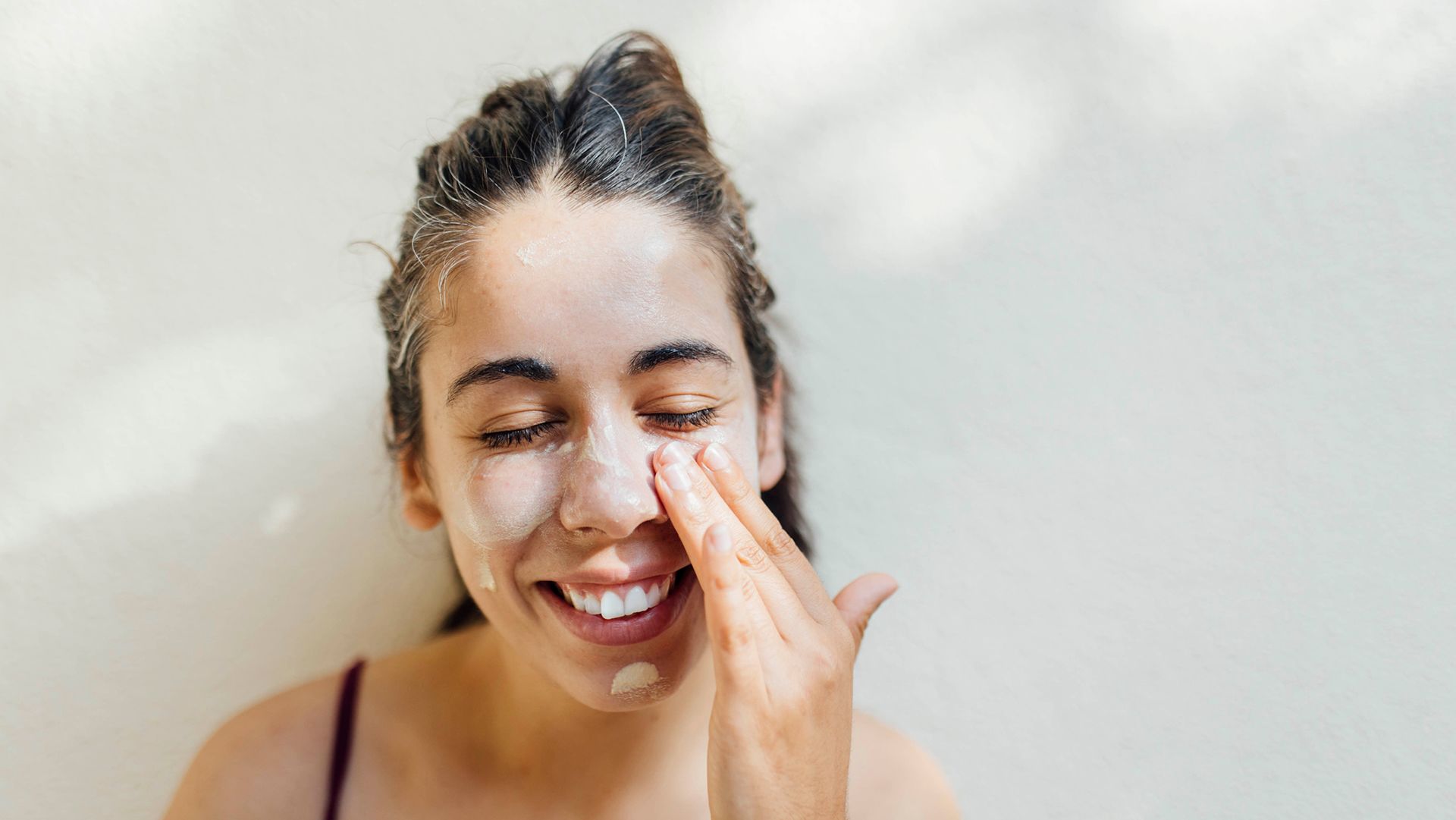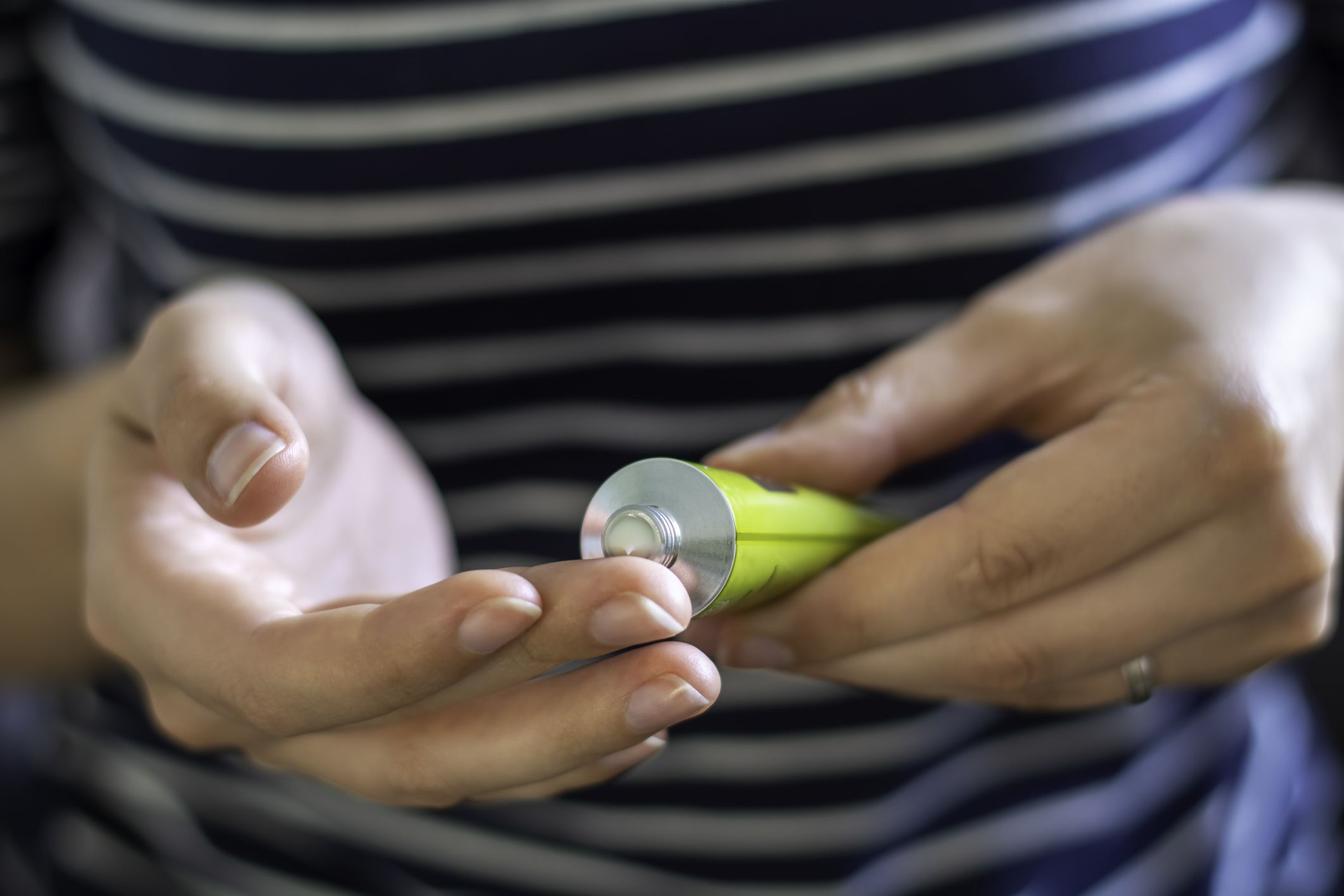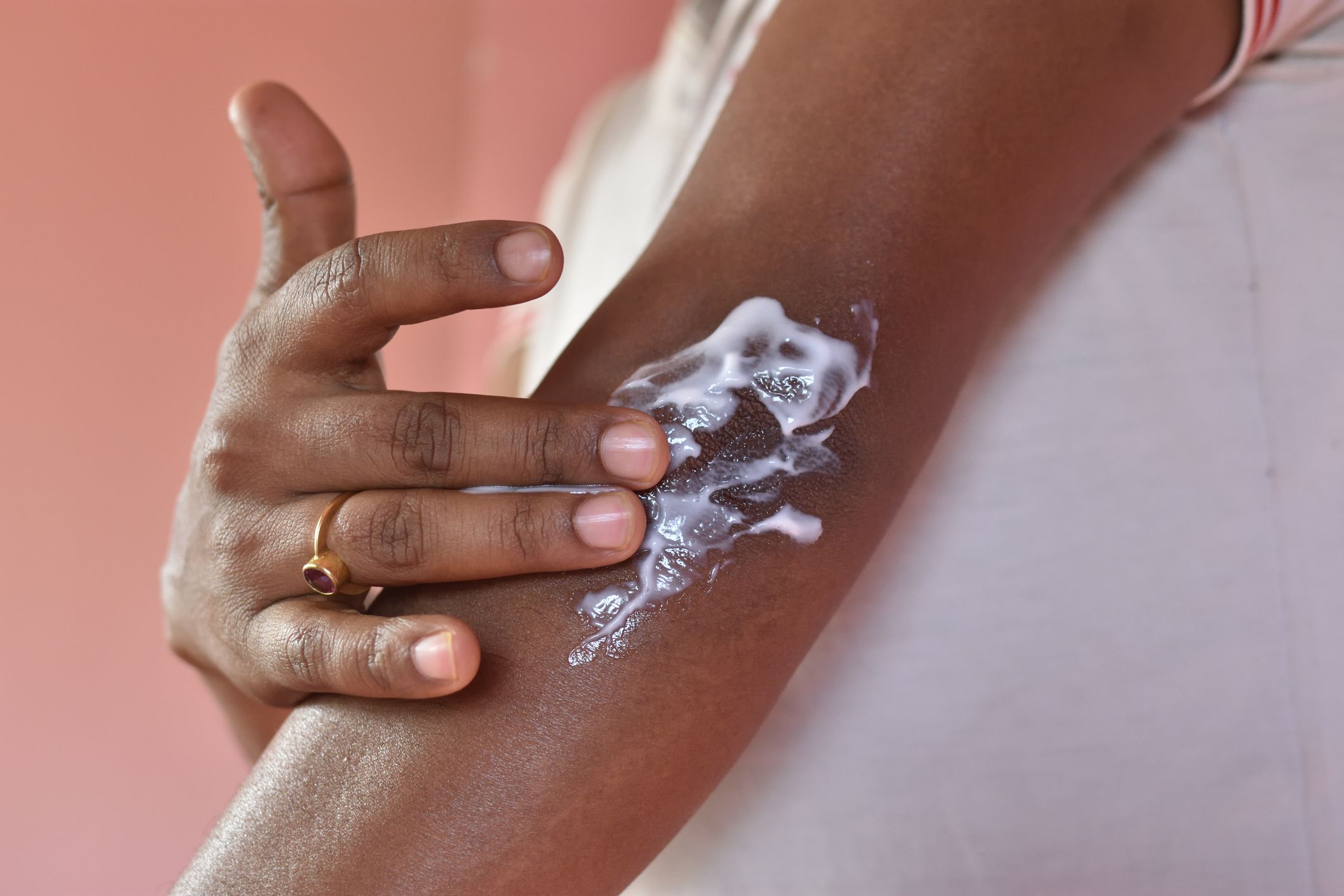Updated on November 9, 2023
Known as “the itch that rashes,” atopic dermatitis is a chronic skin condition that affects millions. It is characterized by a cycle of uncomfortable symptoms that include dry skin, severe itching, and rash. It can also cause more severe skin symptoms and complications—broken skin, fluid-filled blisters, thickened patches of skin, and a risk of infection as bacteria enter broken skin.
For people living with atopic dermatitis, the impact of the condition extends far beyond these uncomfortable and visible symptoms.
Atopic dermatitis and stigma
Stigma refers to negative attitudes and beliefs directed at a person or a group of people because of a certain characteristic or quality about that person or group. It can also be described as prejudice and discrimination. People can experience stigma for many different reasons, including health conditions.
People with atopic dermatitis may experience stigma because of the visible rash caused by the condition. Atopic dermatitis is not contagious, but someone who does not recognize the condition may not understand that it is not contagious. This can cause a person with atopic dermatitis to be treated differently—they may be avoided in public, left out of social gatherings, or face bullying and discrimination at school and work.
There is also self-stigma. This occurs when a person who experiences stigma (or anticipates stigma from others) may internalize negative feelings about themselves. They may avoid social situations and relationships to avoid judgment from others or the discomfort of having to talk about their condition. This can contribute to feelings of low-self-worth and low self-esteem, anxiety and depression, and an overall lower quality of life.
Quality of life and skin conditions
Quality of life refers to a person’s overall wellbeing and how well they are able to function in their day-to-day life—in their job, in their relationships, in their ability to enjoy who they are and what they do. Quality of life is often an important metric when determining the severity and impact of skin conditions.
Coping with stigma
Mental and emotional health should be an important focus when living with and managing atopic dermatitis. Addressing stigma is an important aspect of mental and emotional health. Here are some strategies that may help:
- Learn as much as you can about atopic dermatitis, its causes, and its management. This can help you prepare to talk about the condition with others. Accurate knowledge helps dispel misconceptions and reduce stigma.
- Discuss atopic dermatitis with the important people in your life. Support and understanding from friends, family, and coworkers can be very valuable when living with a health condition.
- Consider participating in a support group, where you can connect with other people who have atopic dermatitis. Support groups offer an opportunity to spend time with people who understand what the experience of atopic dermatitis is like.
- Consider working with a provider that specializes in mental health. This can be an opportunity to work on building self-esteem and developing strategies for coping with the challenges of atopic dermatitis.
- Try strategies for reducing and managing stress, such as meditation, yoga, or deep breathing exercises. At the very least, make sure you are setting aside time for the things that you enjoy. Stress can affect both mental health and trigger atopic dermatitis symptoms.
Stigma is also a topic you can discuss with your healthcare provider, who may have other recommendations that can help you navigate life with atopic dermatitis. Also, advocate for yourself. Tell your healthcare provider if atopic dermatitis is having a significant impact on your quality of life. Atopic dermatitis is a different experience for everyone, and you are your healthcare provider’s best source of information when it comes to what you need from a treatment plan.






